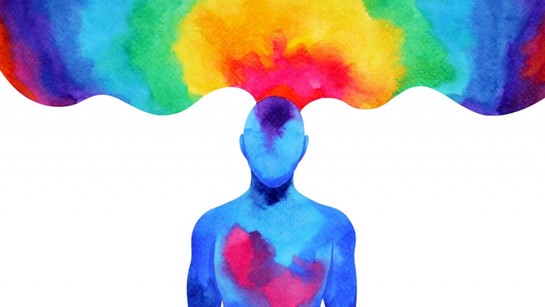Herbs and Supplements to Keep Your Brain Youthful
30 May 2019
Read time:
3 min
Category:
Supplements
All of the following herbs and nutritional supplements should be consumed in their whole food form, which will ensure the complete and proper assimilation of all nutrient cofactors. Synthetic products in which nutrients are isolated in a laboratory do not provide the human body with all of the beneficial effects of supplements taken directly from whole food sources.
- Alpha-lipoic acid is a molecule that activates glutathione, a powerful antioxidant in our cells, and this in turn stimulates our ability to neutralize the free radicals that damage brain neurons.
- B-complex vitamins benefit our nervous system, help our brain to sustain the activity of neurotransmitters, and are important to overall mental and cardiovascular functioning. Deficiencies of these vitamins may result in depression, dementia, and nerve degeneration.
- Freshwater Algaes These extracts help to maintain healthy neuron channels in the brain. Blue-green algae is 50 percent protein, and this high-protein content also helps alleviate depression.
- Cat’s claw is a plant from South America that helps to prevent or counteract attention deficit disorder (ADD) in children and dementia in adults.
- Coenzyme (CoQ10) is an essential enzyme and antioxidant within our body cells that helps to convert oxygen into usable energy. It also helps to protect neurons and other cells from mutating to create memory loss, dementia, senility, and Alzheimer’s disease.
- DHEA, derived from wild yam extract, is a beneficial steroid that helps to prevent the deterioration of brain cells by producing the hormones estrogen and testosterone.
- Hemp seeds that are germinated produce usable omega-3 and omega 6 fatty acids, which help to nourish and rebuild brain structure.
- Kava is an herbal extract that reinvigorates brain cells to counteract depression and melancholia.
- Melatonin is a hormone that, with periodic use, helps to counteract sleep deprivation caused by premature or unnatural aging. It may also disrupt the enzyme functioning of the liver and gallbladder, so it should be used only sparingly and under the supervision of a competent and sympathetic health practitioner.
- Memory foods are those that have been identified as having a protective antioxidant benefit for enhancing human memory. They include artichokes, beans, blackberries, blueberries, cinnamon, cloves, cranberries, hazelnuts, oregano, pecans, sweet potatoes, and walnuts.
- Noni, a fruit native to the South Pacific, has a unique chemistry that enables it to regenerate the receptor points in our cells, helping to forestall the degeneration of brain cells.
- Oxygen nourishes the brain and intensifies brain function. There are many effective forms of supplemental oxygen.
- Phycomin, which is rich in phytochemicals, is an extract of blue-green algae and acts to counteract depressive disorders and combat patterns of counterproductive brain chemistry.
- Rutin, a member of the B-vitamin family, helps to stimulate healthy circulation in all parts of the body, especially the brain.
- Seawater nourishes and reinvigorates, because its chemical composition is similar to that of human blood.
- Vitamins C and E, when consumed in combination in whole food supplement form, protect brain neurons from free radicals and can reduce or eliminate attention deficit disorder. They also act in concert as a potent, natural anticoagulant to facilitate blood flow throughout the body.
Share article: